(June 13, 2023) It was a hot summer afternoon, and realising that his mother was feeling under the weather, a young Ranveer Brar decided to take over the kitchen to make rajma-chawal for the family. While he did it out of affection for his mother, this incident turned his whole life around. “I had no recipe but had observed when mother was cooking, the chef said in an interview, adding, “It turned out good enough for my father to secretly tell mom that he loved it! That sort of clinched the deal for me. I have been inspired by many people in my life and continue to be. Right from my biji, Munir Ustad, the street food vendors of Lucknow, and chef Charlie Trotter, to name a few.”

Standing as one of India’s most renowned culinary artists, Chef Ranveer Brar’s expertise lies in infusing traditional cuisines with a contemporary flair, showcasing his ingenuity and finesse. Having hosted and judged numerous popular cookery shows on Indian television, this Global Indian approaches food with a childlike exuberance that mirrors his passion for cooking. At the young age of 25, Brar achieved a remarkable feat by becoming the youngest executive chef to work with a five-star hotel in India and went on to own several high-end restaurants in USA and Canada. With his celebrity status and a conglomerate of restaurants and television shows bearing his name, Chef Ranveer Brar has elevated India’s culinary reputation on the global stage.
Inspired by the streets
Growing up in Lucknow, Chef Brar was always fascinated by the city’s street food – especially kababs. But, the chef’s first introduction to cooking was at a Gurudwara. Speaking about his growing-up years, the chef said, “For me, food has always represented an institution where learning never ceases. As a child, I was fascinated by the ‘buzz’ that happened in the communal kitchen, that is, the langar. The sheer volume of food being cooked by at least 50-60 people in that kitchen, turned out super delicious (without being tasted, since it was bhog) every single time made it extra special. It was also my earliest experience of cooking food in large quantities. Cooking at the langar instilled in me the values of cooking selflessly and with emotion and definitely, the importance of a clean kitchen and hygiene in general.”

He added, “But, my actual affinity towards cooking developed much later when I got exposed to Lucknow as a city. When I was older and started exploring the streets of Lucknow, the lanes, its food, and folklore started unfolding before me.” This exploration led Chef Brar to start cooking at home, and eventually explore a career in the culinary industry. And quite interestingly, while others might have chosen to go to a culinary institution after finishing school, Chef Brar chose to travel a path less travelled. “Exploring Lucknow opened up a completely new world of possibilities of what one could do with food. I had my first culinary tutelage under Munir Ustad, a skilled kebab vendor in Lucknow,” he shared.
Culinary innovator
After working with Munir Ustad for about six months, Chef Brar enrolled at the Institute of Hotel Management (IHM), Lucknow, and eventually joined the Taj Group of Hotels, starting with one of their most prestigious properties, Fort Aguada Beach Resort in Goa. What is surprising is that during his first assignment itself, the chef was able to launch two restaurants in the hotel – Morisco and il Camino. In 2003, he shifted to New Delhi’s Radisson Blu Hotel, becoming the youngest executive chef of his time in the country at the age of 25.

“My cooking philosophy is to pour into dishes what I experience during my travels,” shared the chef during an interaction, “Also, I like to want my cuisines to spark off interesting and insightful conversations. The objective is to touch a chord with people in a manner that reminds them of the same/ similar dish they might have experienced elsewhere. I am also driven by the principles of eating seasonally and locally. When we consume what’s natural to our DNA, sustainability automatically kicks in.”
The chef moved to Boston, Massachusetts, where he established “Banq,” a high-end Franco-Asian restaurant that garnered acclaim and multiple accolades. Notably, “Banq” was honoured with the prestigious title of Best New Restaurant in the World by renowned magazine Wallpaper. Building on this success, he assumed the role of Corporate Chef at the esteemed One World Hospitality Group, a longstanding restaurant consortium based in Boston. Sharing a special experience, the chef had once shared, “Cooking at “chefs in shorts”, Boston. It is a ticketed open-air event at the Wharf where more than 50 of the top chefs from Boston get together to cook their signature barbeque dishes. It’s a memorable experience with more than 3,000 people attending this event that takes place for nearly four hours.”

It was during this time that the chef made his signature dish – Dorra kebab. “It is a kebab cooked on a smoked silken thread. It is as tender as the Kakori – if not more. I learnt and perfected it over the years, watching the masters, i.e., the street kebab vendors of Lucknow. The flavours that go into it are quite exotic, especially the sandalwood, and the best part, one that requires deftness and patience is pulling off the silk thread or Dora in a single stroke while leaving the Kebab intact,” he shared.
Infusing flavours
The chef returned to India in 2015 and desgined the menu for various high-end restaurants, including MTV India, Haute Chef, English Vinglish, and TAG Gourmart Kitchen. Around the same time, Chef Brar made his first appearance on Indian television, with MasterChef, and subsequently several other shows including Ranveer On The Road, The Great Indian Rasoi, Food Tripping, and Himalayas the Offbeat Adventure.
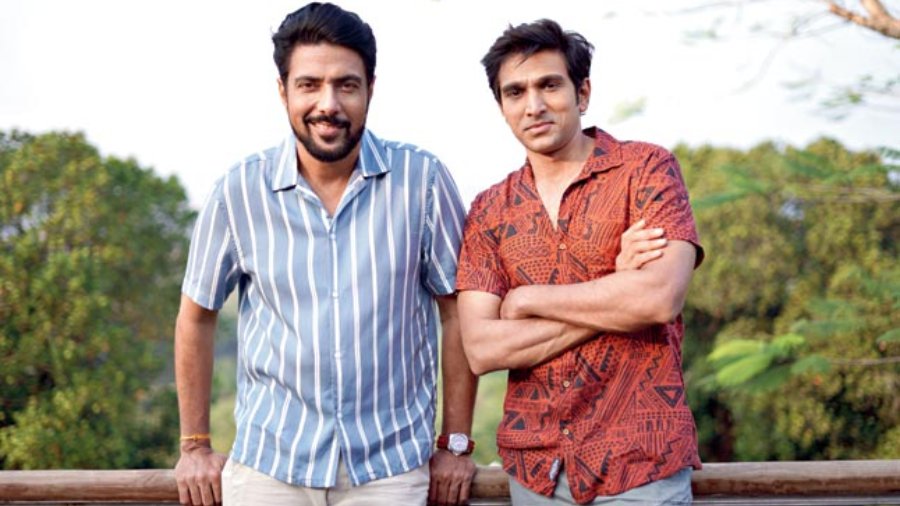
Chef Ranveer Brar with actor Pratik Gandhi, during the shoot of Modern Love Mumbai
Interestingly, the chef has also designed menus for several luxury cruiseliners, such as Royal Caribbean International’s Voyager of the Seas. Speaking about that experience, he said, “The galley runs like a well-oiled machine. Everyone knows what they are doing, it’s amazing how it works like clockwork. There’s no single extra spoke in the wheel. In a cruise/ship, timing is key. There are only 800 seats and 2,400 people to be fed. If you don’t serve food in time, it won’t be cleared up in time and the next meal won’t be served on time, essentially everything gets backlogged and that’s a bad thing to happen.”
But the kitchen is not the only place where this chef excels. Chef Brar was recently seen in the six-episode anthology – Modern Love Mumbai – along with Pratik Gandhi and veteran actress Tanuja, which was directed by Hansal Mehta. “I was initially in two minds about acting. But to be honest, it has helped me discover a new aspect of myself, push my limits and know myself better! For instance, in BAAI, I played a chef, which was like second nature to me, with the added layer of someone who had whole-heartedly embraced their identity, and orientation and had only love to give. It was an extremely heart-warming experience that warmed up my own heart a little more,” he said.
Looking forward, the chef wishes to inspire the next generation of culinary experts. “I would like to tell them to stick to their roots and basics. Also, identify their food philosophy, believe in it, and look for ways to manifest that in their cuisines,” the chef advised.


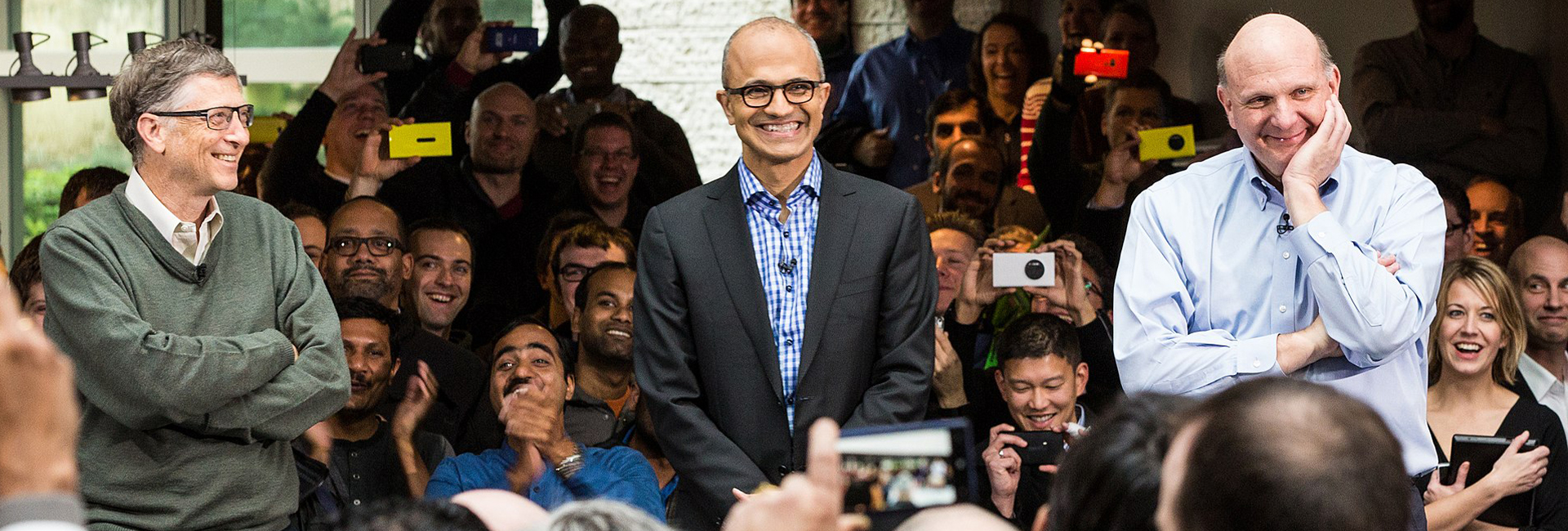


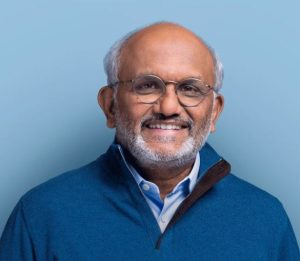

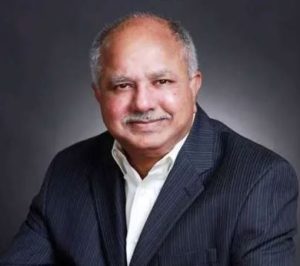
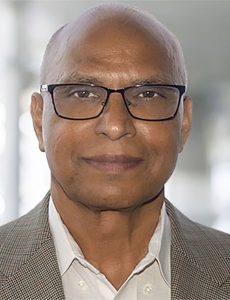
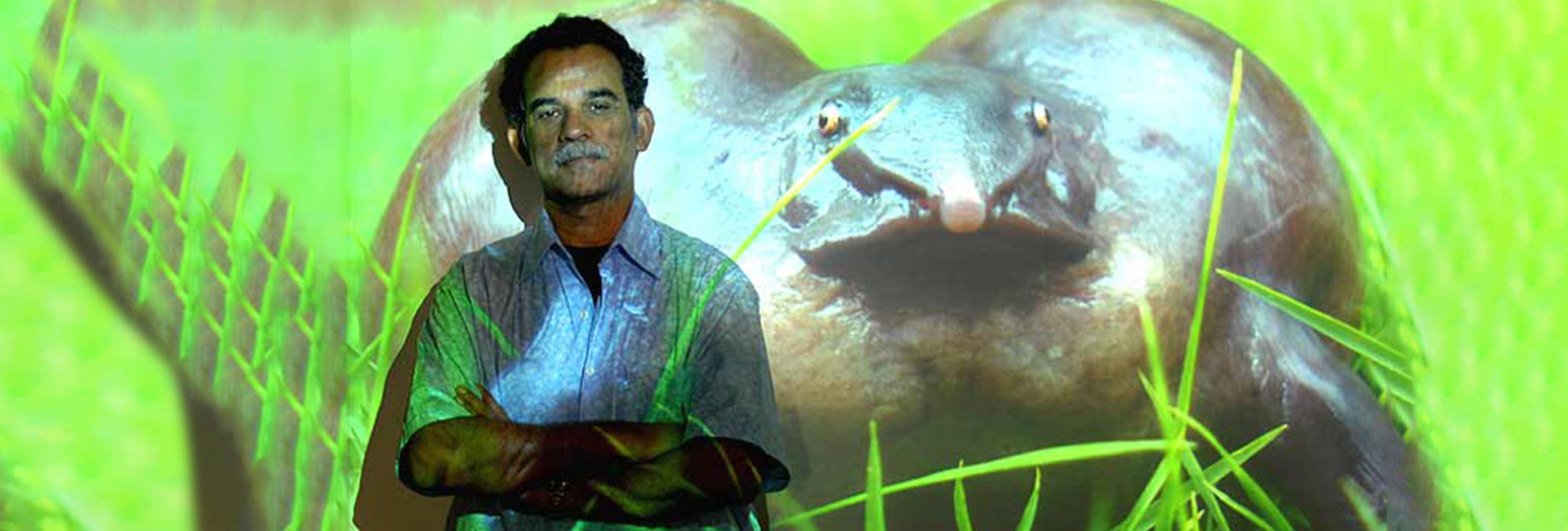
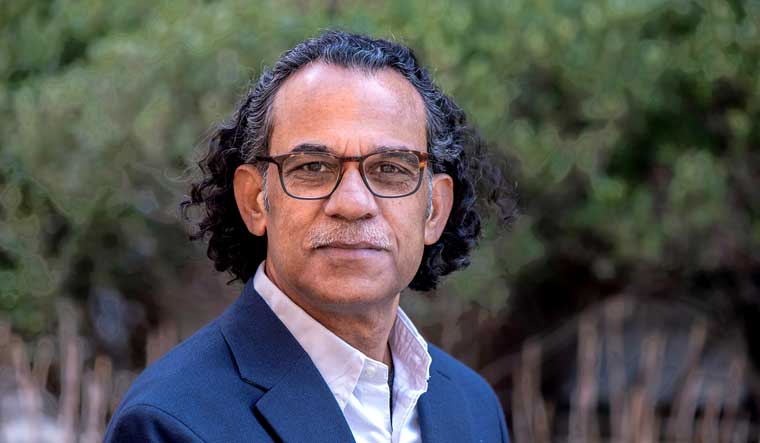 Dr S.D. Biju[/caption]
Dr S.D. Biju[/caption] Photo Credit: Prof SD Biju[/caption]
Photo Credit: Prof SD Biju[/caption]
 Photo Credit: Prof SD Biju[/caption]
Photo Credit: Prof SD Biju[/caption]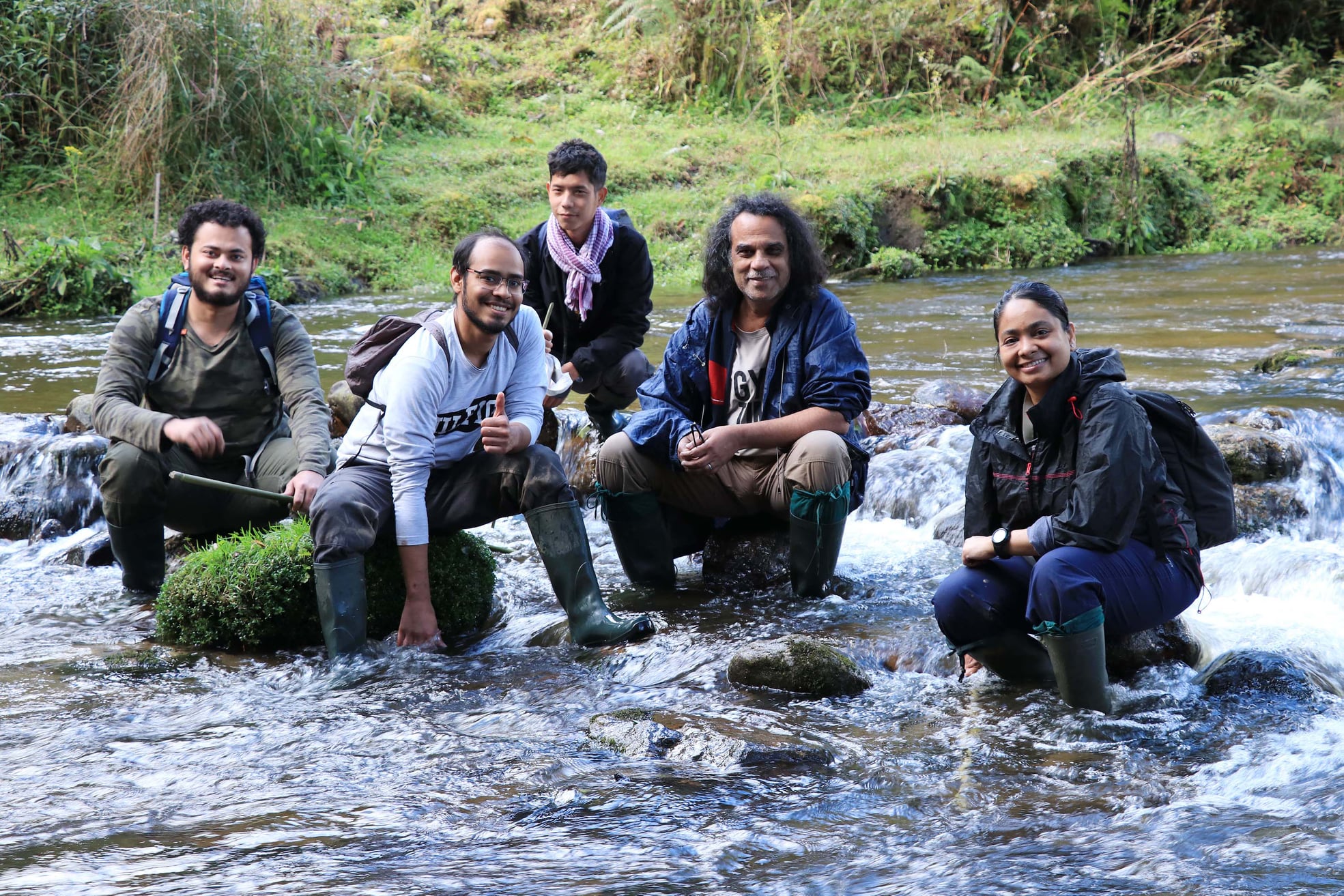 Prof Biju and his team on field study[/caption]
Prof Biju and his team on field study[/caption] A rare species - Indian Purple Frog ((Nasikabatrachus Sahyadrensis) that is usually found 18 feet under the soil discovered by Prof SD Biju | Photo Credit: Prof SD Biju[/caption]
A rare species - Indian Purple Frog ((Nasikabatrachus Sahyadrensis) that is usually found 18 feet under the soil discovered by Prof SD Biju | Photo Credit: Prof SD Biju[/caption]
 Ramya Ravi with her sister Shweta[/caption]
Ramya Ravi with her sister Shweta[/caption]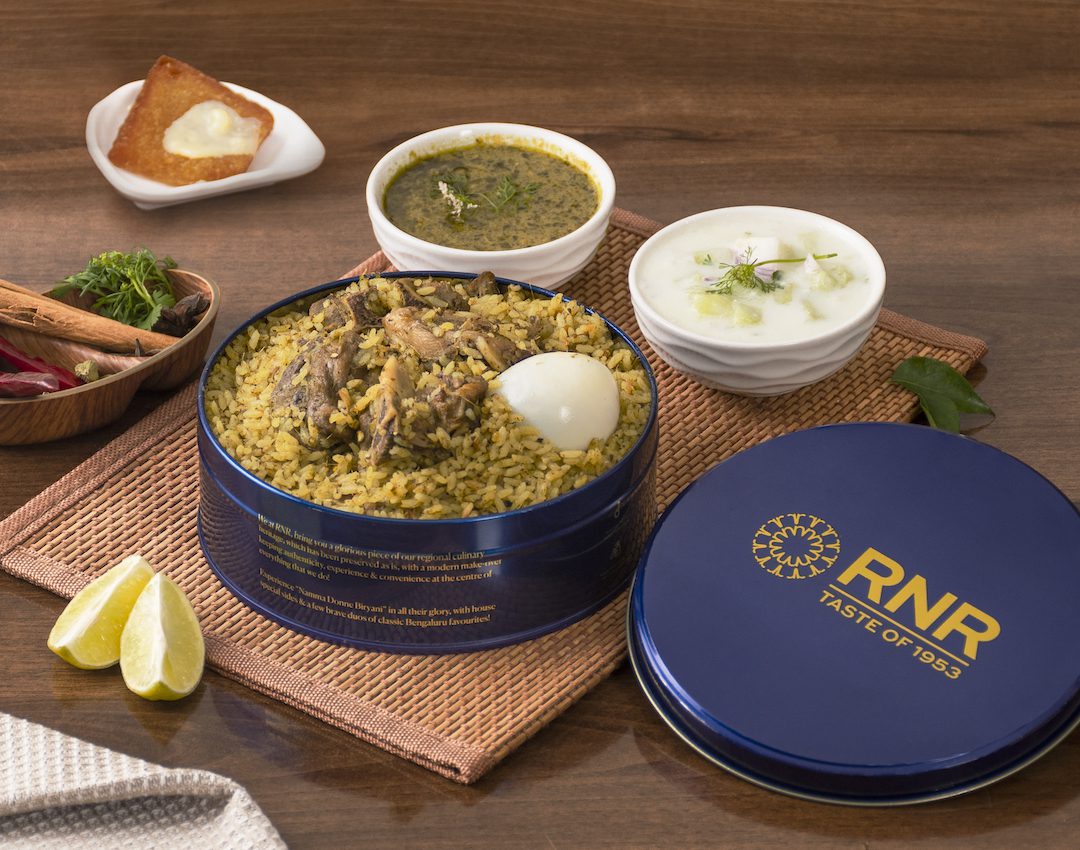

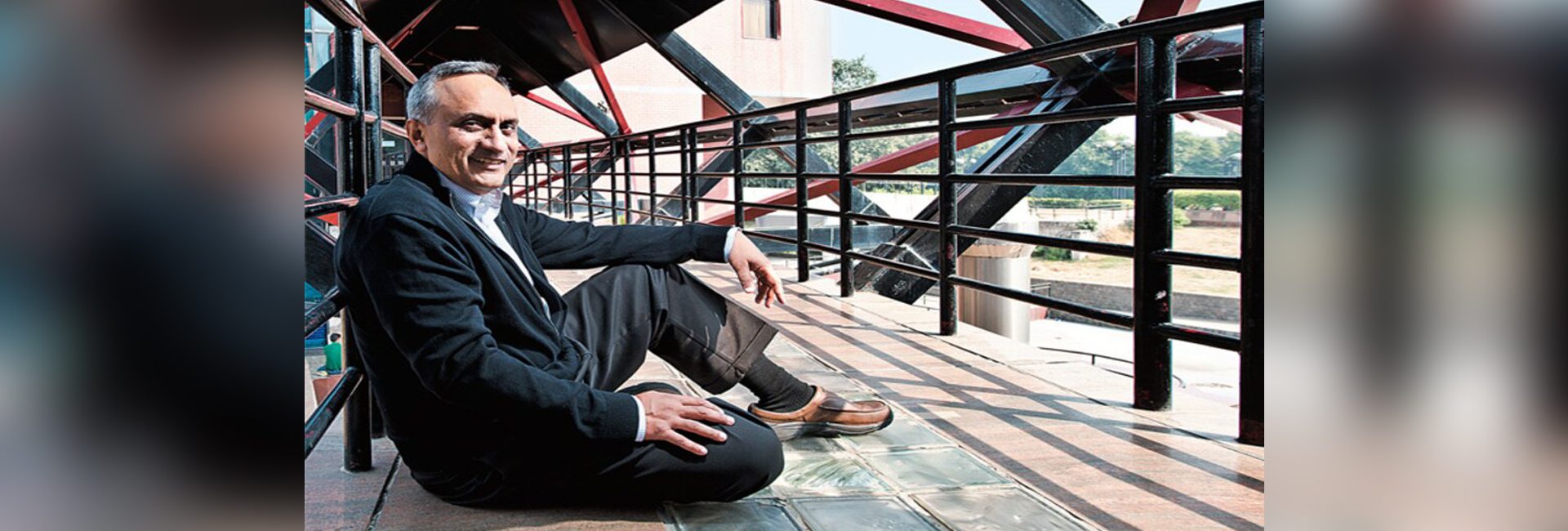
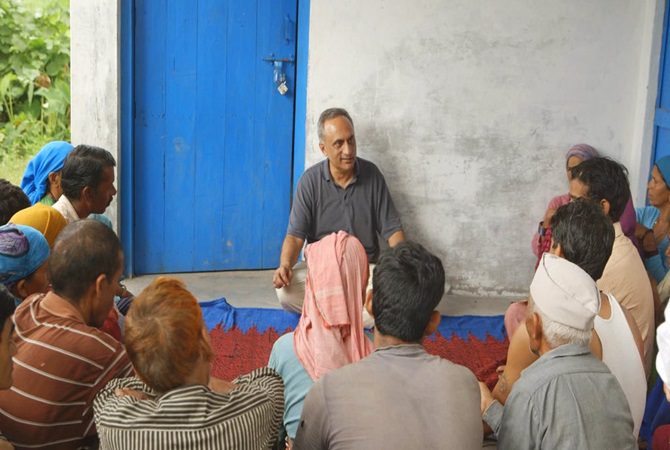 Manoj Bhargava interacting with locals in a village[/caption]
Manoj Bhargava interacting with locals in a village[/caption]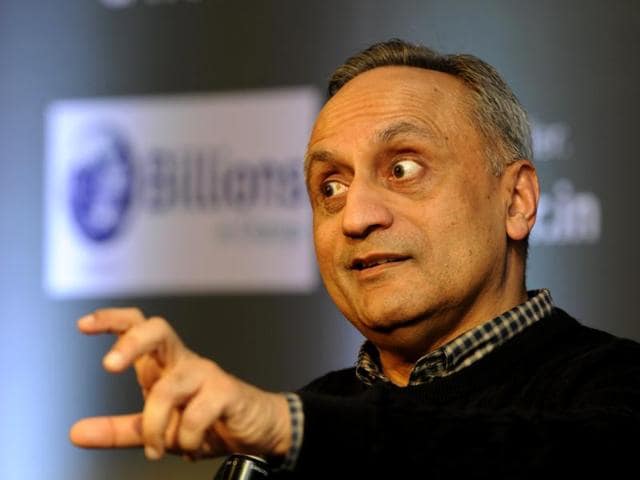
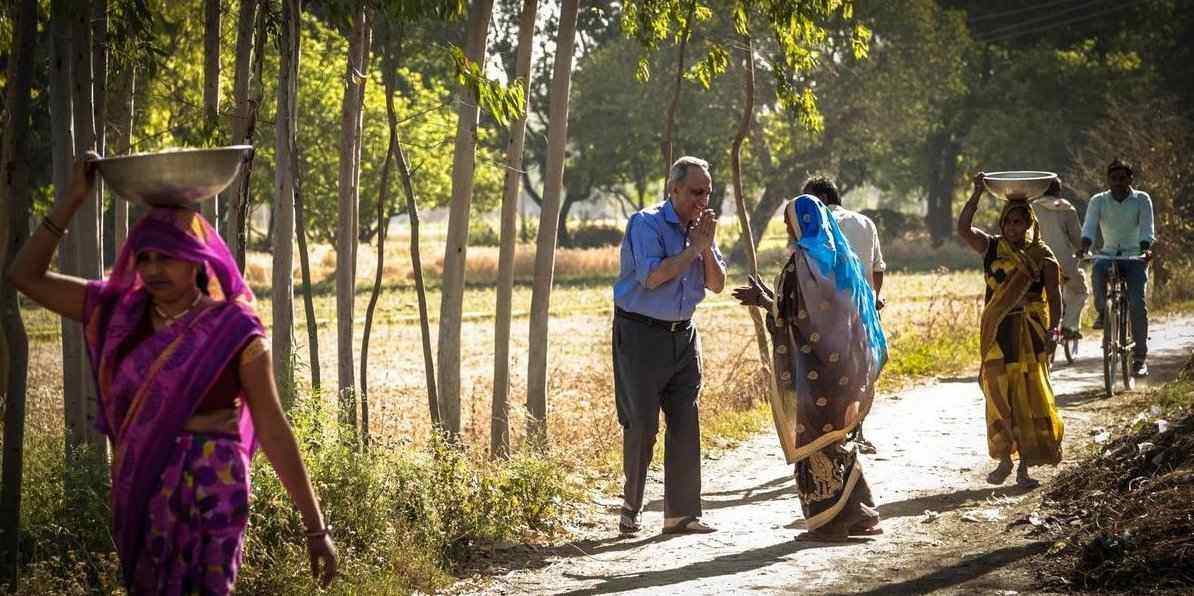

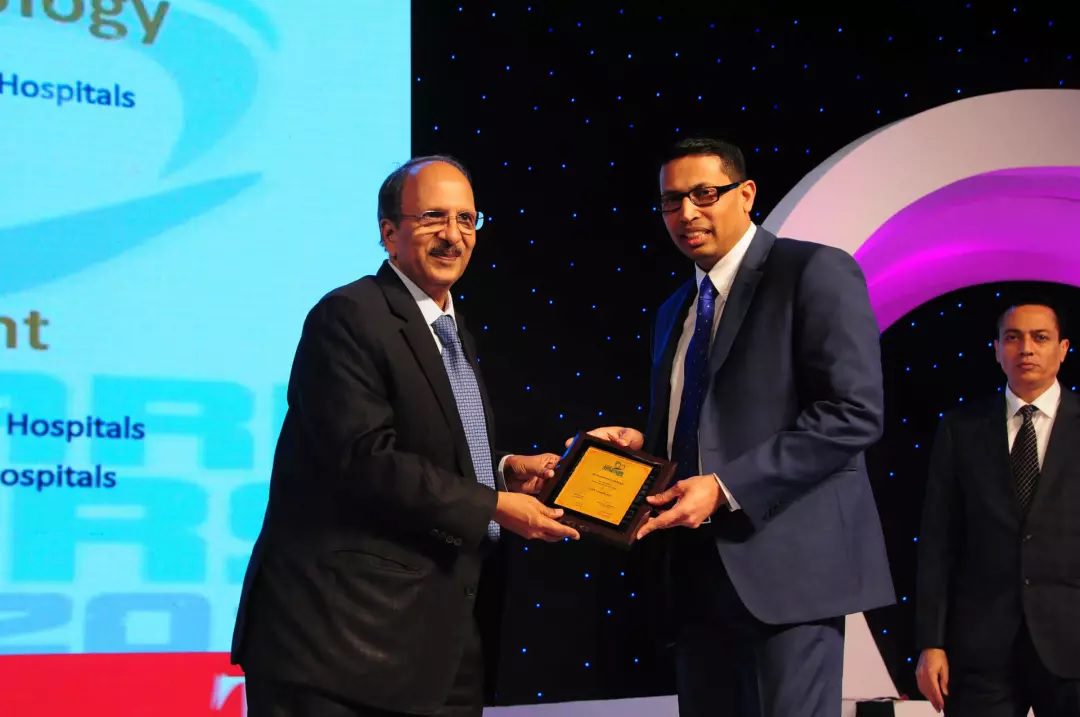 Highly acclaimed for his work, Dr Cherian was named the 'Legend in Liver Transplant Surgery'[/caption]
Highly acclaimed for his work, Dr Cherian was named the 'Legend in Liver Transplant Surgery'[/caption] Dr Cherian with his family[/caption]
Dr Cherian with his family[/caption]